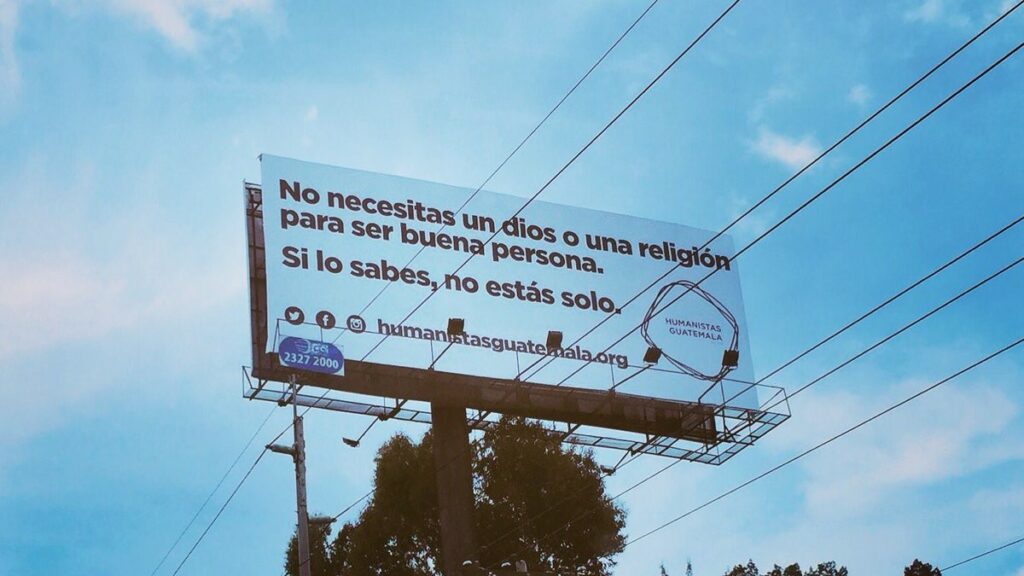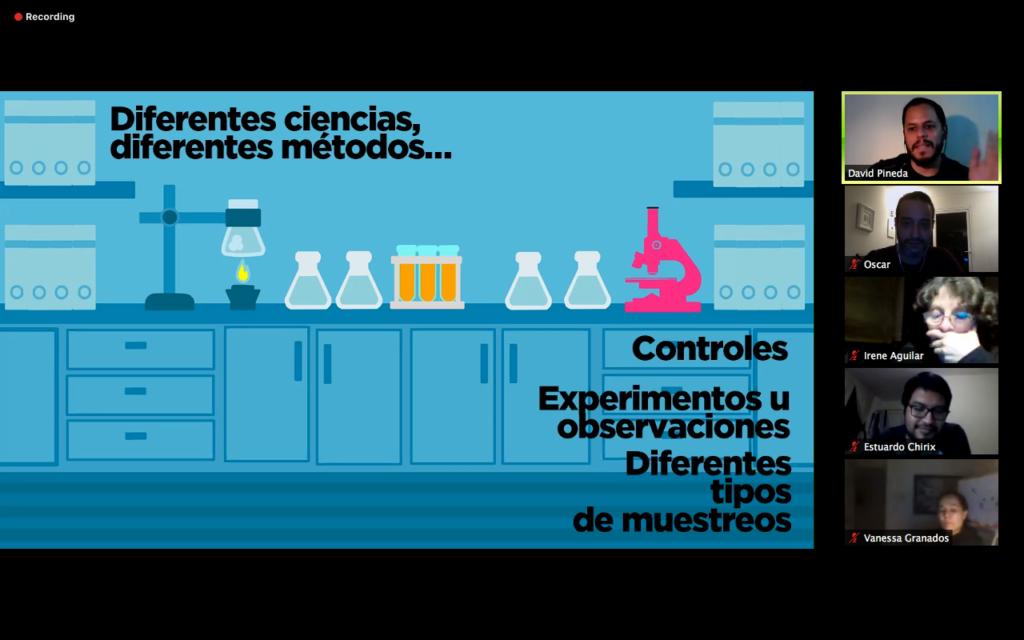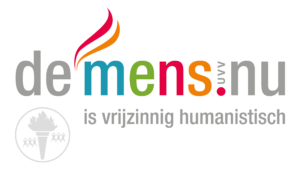Replicating the success achieved in 2020, our Member Humanists Guatemala will organize three 6-week online workshops in Spanish for humanists in Guatemala and all over Latin America, with the goal of fostering critical thinking and a healthy skepticism in the age of disinformation, fake news, pseudosciences and conspiracy theories.
Background
Humanistas Guatemala works around 4 interconnected and interdependent key drivers:
- to promote secular humanism as an alternative to a religious worldview and to build a community around it;
- to advocate for the separation of Church and State (and politics) by both showing people why it’s important and political activism/lobbying;
- to foster critical thinking values in society, through specif workshops and events, and through the way we interact with society as an organization;
- to defend sexual and reproductive rights in a country largely dominated by religious bigotry and misogynistic tendencies.

In 2017 Humanists Guatemala ran a billboard campaign with this message: “You don’t need a god or a religion to be a good person. If you agree, you are not alone.”
Since the organization’s inception in 2014, Humanists Guatemala has worked on different kinds of projects, but so far, the most successful activities at bringing together all four driving principles at the same time, both directly and indirectly, have been a book club ran in collaboration with the city’s “go-to” bookstore, and a series of introductory courses to critical thinking.
Humanists Guatemala has been promoting Humanism through the book club by building a community of people who identify with humanistic ideals. At the same time, through the book selections Humanists Guatemala fostered critical thinking skills and question the assumptions behind mixing religion and government/politics, LGBTQI+ phobia, racism, misogyny, etc.
The same is true of Humanists Guatemala’s workshops. Humanists Guatemala teaches critical thinking skills more directly here, and touch upon issues of secularism/reproductive sexual rights in a much more straight-forward manner, but they have also experienced that they work wonderfully for building a Humanist community. Last year alone, about 200 people either joined the book club or took one of the critical thinking workshops.
About the project
Humanists Guatemala’s plan for 2021 is to bring these two ideas together, in order to create a new model that can help the organization to constantly reach new people, incorporate them into the community, and take a step forward towards becoming more self-sustainable in the future.
Humanists Guatemala strongly feels that the natural progression from here, based on the accumulated experience over the years, is to eventually work —among other things— as a place where people who are starting to question their own worldview can come to for guidance on how to think for themselves and a large catalog of courses, workshops, book clubs, discussions, conversations, among other possibilities that can help them achieve that goal. In short, a kind of “Critical Thinking Academy” both at a local and a regional level.

A pic taken during a critical thinking workshop in October 2020, with a focus on how the scientific method works.
The global impact
Societies in general, but Latin American societies in particular, are far from being open to questioning their own social, cultural and moral narratives. They don’t generally pay close attention to the implications of what they generally consider to be “The Truth” both on their own well-being and on the well-being of others. Furthermore, this particular manifestation of activated ignorance has been globally amplified by social media algorithms that create epistemic bubbles and echo chambers that magnify the effects of cognitive biases—particularly, confirmation bias and the Dunning-Kruger effect. All over the world, this has resulted in societies that have seen their worst prejudices, stereotypes, myths, and faulty rationalizations greatly amplified, with bad consequences for (almost) everyone, especially women, indigenous communities, minorities, and democracy in general.
This project aims to tackle this problem with a grassroots, bottom-up approach. Humanists Guatemala trusts this project to be the first step towards something larger, more structured and more importantly: still grassroots and more self-sustainable. It could also be potentially replicated in comparable contexts around the world.
Humanists Guatemala’s experience in the past has shown us that there are many potential Humanists around us. Individuals—not necessarily non-believers—who feel very unsatisfied with the way things are, who can see the problems caused by stereotypes and prejudices, who see the direct day-to-day implications of a dogmatic worldview, but who are mostly alone and know almost no one else who feels this way. Humanists Guatemala feels pleased with the results and the feedback received from the 200 beneficiaries of the project in 2020, and feels confident that the same success will be obtained this year with the support of a Humanists International’s Development Grant.

